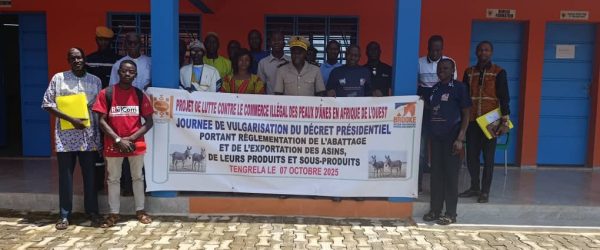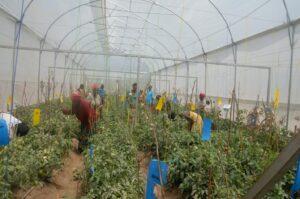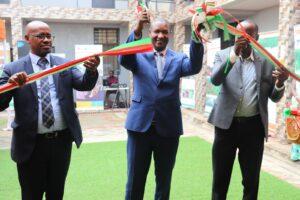On Tuesday, October 7, 2025, the administrative and security authorities and community leaders of Tengrela were briefed by INADES-Formation on the legal provisions prohibiting and regulating the trade and slaughter of donkeys in Côte d’Ivoire. The event took place on the occasion of World Animal Day.
World Animal Day was celebrated on October 4. A day dedicated to the well-being of all animals. To mark the occasion, on Tuesday October 7, INADES-Formation organized a multi-stakeholder meeting with the administrative and security authorities and community leaders of Tengrela, to discuss the issue of donkey preservation.
Chaired by the Prefect of the Tengrela department, Mme Gnaléga Ruth, the aim of the meeting was to inform participants of the legal provisions governing the trade and slaughter of donkeys in Côte d’Ivoire, and to involve them more closely in the fight against the illegal trade in donkey skins.
Donkeys are highly sought after by the Chinese market for their skins. Almost 5 million donkeys are slaughtered every year for the production of cosmetics and other products based on the gelatin contained in donkey skins, threatening the survival of this species. In addition, donkeys are often victims of abuse and neglect.
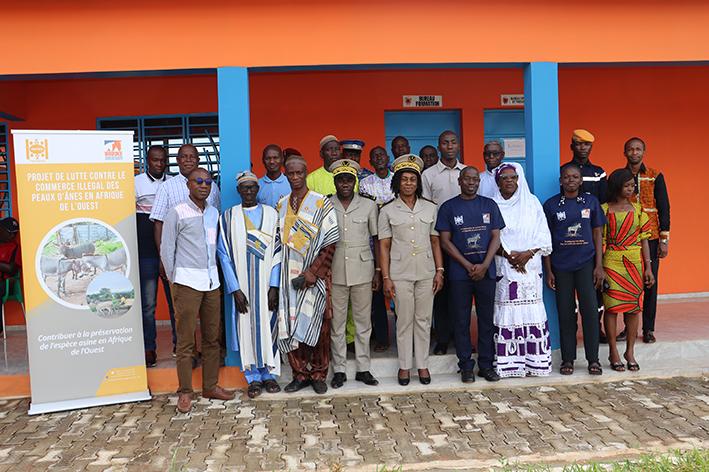
The department of Tengrela, implementation zone for the project to combat the illegal trade in donkey skins in West Africa.
In the Tengrela region of northern Côte d’Ivoire, where there is still a good donkey population, donkeys can be seen roaming the streets, left to their own devices by owners who no longer have any use for them. Left to their own devices, they are easy prey for donkey traffickers.
Since 2024, INADES-Formation and its partner Brooke Afrique de l’Ouest have been running a pilot project to combat the donkey trade in West Africa. The project aims to strengthen advocacy against the illegal trade in donkey hides and to raise awareness in rural communities of the need to protect this species.
The October 7 meeting took place at the Office National de la Protection Civiles – section de Tengrela, and was attended by nearly thirty participants, including the Prefect of the Tengrela department, the Sub-Prefect of Tengrela, the departmental branches of MIRAH Tengrela, MEMINADER – PV, representatives of the Gendarmerie, police, customs, ONPC-CI, religious leaders, canton and village chiefs, the youth president, the women’s president, NGOs and the press.
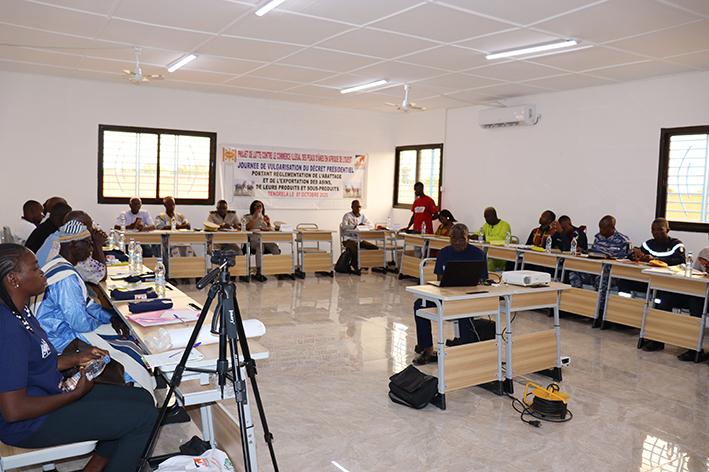
Trade in donkey skins banned in Côte d’Ivoire
Since 2022, by Presidential Decree N°2022-547 of July 13, 2022 regulating the slaughter and export of donkeys, their products and by-products, the sale and slaughter of donkeys for commercial purposes has been banned in Côte d’Ivoire. However, this provision is little known by the general public and the authorities responsible for enforcing it.
The meeting organized by INADES-Formation provided an opportunity to explain the decree to the administrative authorities and community leaders in Tengrela. It was also an opportunity to raise awareness of the need to preserve the asinine species.
The Prefect of Tengrela thanked INADES-Formation and its partner Brooke for the initiative, and made a strong appeal to his constituents and local councillors to get actively involved in donkey protection and preservation.
Mr. Bamba, program manager at INADES-Formation Côte d’Ivoire, mentioned the African Union’s commitment to protecting the donkey species in Africa at the 2nd Pan-African Donkey Conference. The statement made by Minister Sidi Tiémoko Touré, Minister of Animal and Fisheries Resources, at this conference, and recognized by the AU as a champion in the fight for donkey preservation by the African Union, should encourage us all to commit to preserving and protecting the donkey species: “Our country has banned the slaughter of donkeys for their skins. We will be at the forefront in implementing the conclusions of this conference.”
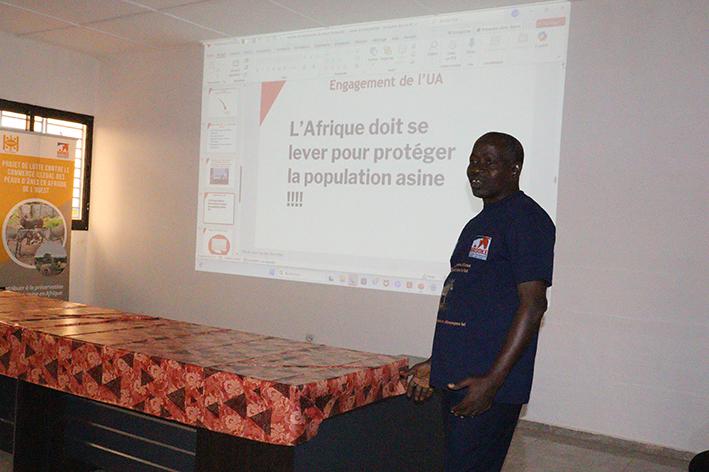
Each participant was invited to popularize the decree in his or her community, and to take action to ensure the well-being of the region’s donkeys.
A brainstorming session gathered suggestions for actions to be taken by all to better protect donkeys.
At the end of the meeting, each participant received a copy of the presidential decree.
This activity is part of the project to combat the illegal donkey trade in West Africa, implemented in Côte d’Ivoire by INADES-Formation and Brooke West Africa.
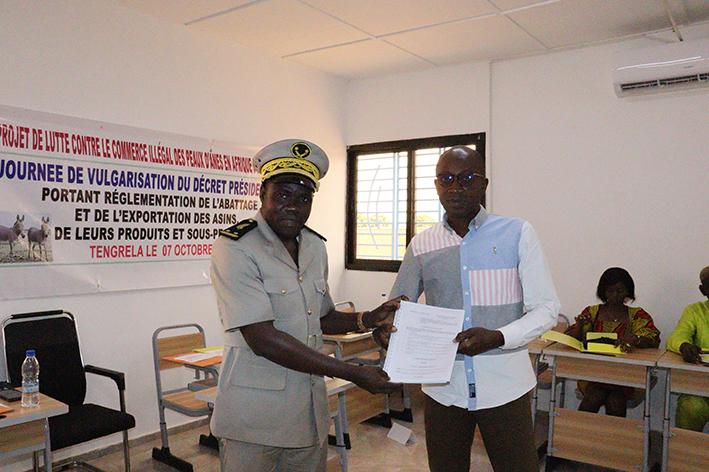
Communication Department
INADES-Formation General Secretariat

